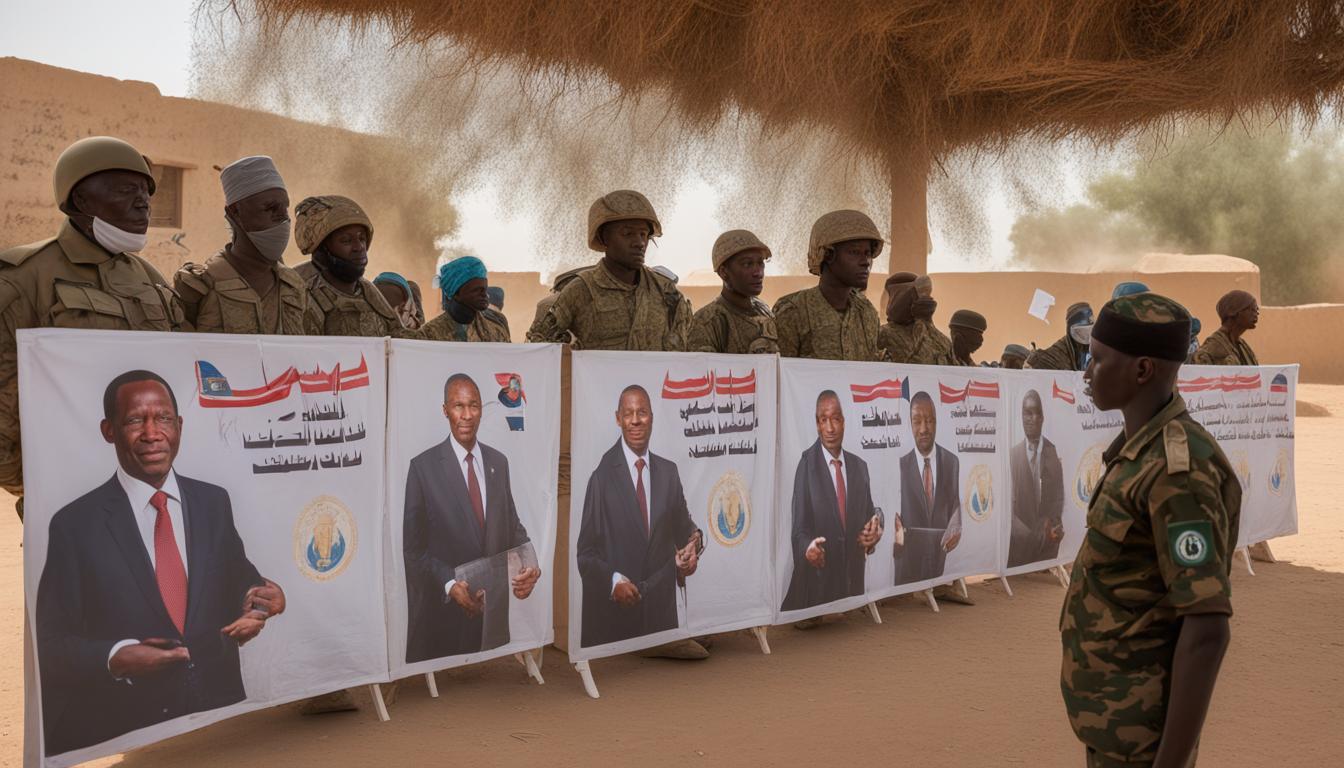Chad held its first presidential election since the death of former President Idriss Déby, with interim president Mahamat Idriss Déby seeking to retain power amid international scrutiny and rising geopolitical tensions.
Chad conducted a significant presidential election, its first since the death of former President Idriss Déby Itno in 2021. Voters participated amidst expectations that the interim president, Mahamat Idriss Déby Itno, who assumed power after his father’s assassination, might retain his position. Held in a context of postponed elections, the democratic process featured 10 candidates, including a female contender. Analysts anticipated Mahamat Déby as the likely victor, despite concerns regarding electoral fairness, especially following the earlier death of a key opposition leader, Yaya Dillo.
Mahamat Déby’s regime has been marked by internal dissent and accusations of an unconstitutional takeover. In his leadership, he has shifted away from his father’s predominantly Western-focused alliances, seeking new relationships with nations such as the United Arab Emirates and Russia. This move coincides with broader geopolitical shifts in the region, as evidenced by developments in Niger where Russian forces have occupied a former American drone base following a junta-led directive for U.S. forces to leave.
The proximity of Russian troops to American equipment in Niger has resulted in heightened tensions between the U.S. and Russia, adding complexity to the geopolitical dynamics in Africa. This scenario underscores the growing Russian influence across the continent, paralleled by some Western powers’ recalibrations in strategy towards the region.
Back in Chad, the election results, expected in three weeks with a potential runoff, are deemed crucial for determining the country’s future path. This includes how it addresses internal security challenges and its role in regional stability amid ongoing threats from extremist groups and migrations caused partly by conflict in neighboring nations.
Despite the strategic importance of Chad in combating regional terrorism and hosting refugees from troubled areas, the international response has been cautiously measured. This reflects a balance between concerns over internal political stability and the broader imperative of maintaining regional security alliances.













